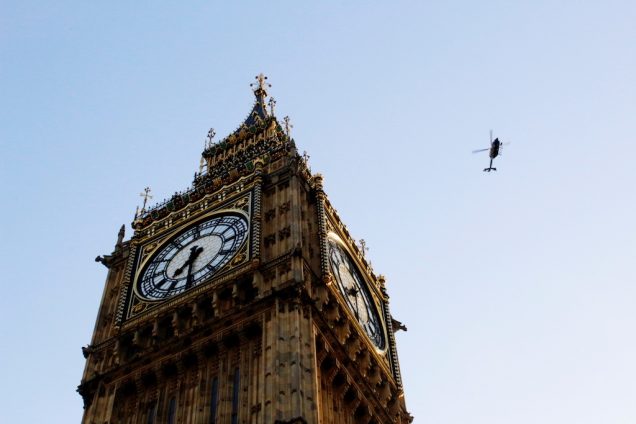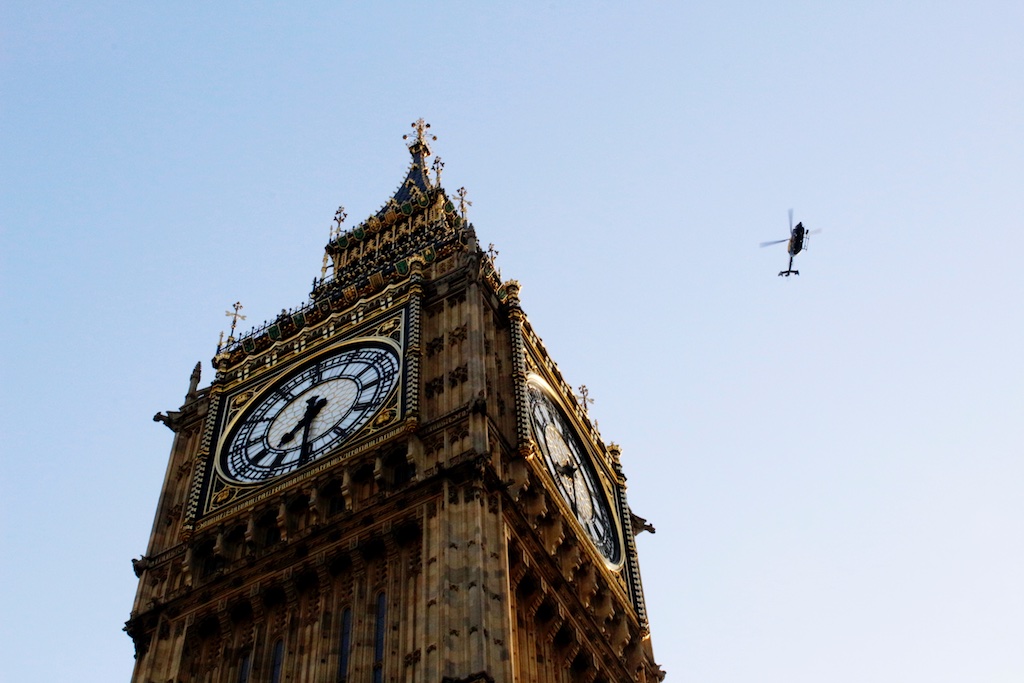A few days after the umpteenth terrorist attack in London, Google, Twitter, and Facebook confirmed they were working side-by-side with the UK government to enforce greater control over shared content across platforms. Theresa May, Prime Minister, stated the danger of social networks as channels for terrorism: according to her, terrorists can find online a safe space to communicate with each other.
Of course, being close to the election, she expressed the will to include measures in his political program. Measures that can overwhelm technology giants, especially those who provide end-to-end encryption services to protect users privacy. Telegram is one of those: the jihadists use it just because ensures conversations cryptography and protection. She also talks about “cyberspace (!) regulation to prevent the spread of extremist terrorist planning.”
Stronger criticisms are out there: what is the purpose of blocking encryption to prevent vehicles from driving into pedestrians? Web giants’ responses came immediately. Simon Milner, Facebook Policy Manager, denied that the social network constituted a breeding ground for terrorists and added:
We want to provide a service where people feel safe. That means we do not allow groups or people that engage in terrorist activity, or posts that express support for terrorism. We want Facebook to be a hostile environment for terrorists.
Using a combination of technology and human review, we work aggressively to remove terrorist content from our platform as soon as we become aware of it—and if we become conscious of an emergency involving imminent harm to someone’s safety, we notify law enforcement.
Online extremism can only be tackled with strong partnerships. We have long collaborated with policymakers, civil society, and others in the tech industry, and we are committed to continuing this important work together.
Twitter also replied. Nick Pickles claims that:
We continue to expand the use of technology as part of a systematic approach to removing this type of content. We will never stop working to stay one step ahead and will continue to engage with our partners across industry, government, civil society, and academia.
Google adds:
We are committed to working in partnership with the government and NGOs to tackle these challenging and complex problems and share the government’s commitment to ensuring terrorists do not have a voice online. We are already working with industry colleagues on an international forum to accelerate and strengthen our existing work in this area. We employ thousands of people and invest hundreds of millions of pounds in fighting abuse on our platforms and ensuring we are part of the solution to addressing these challenges.


